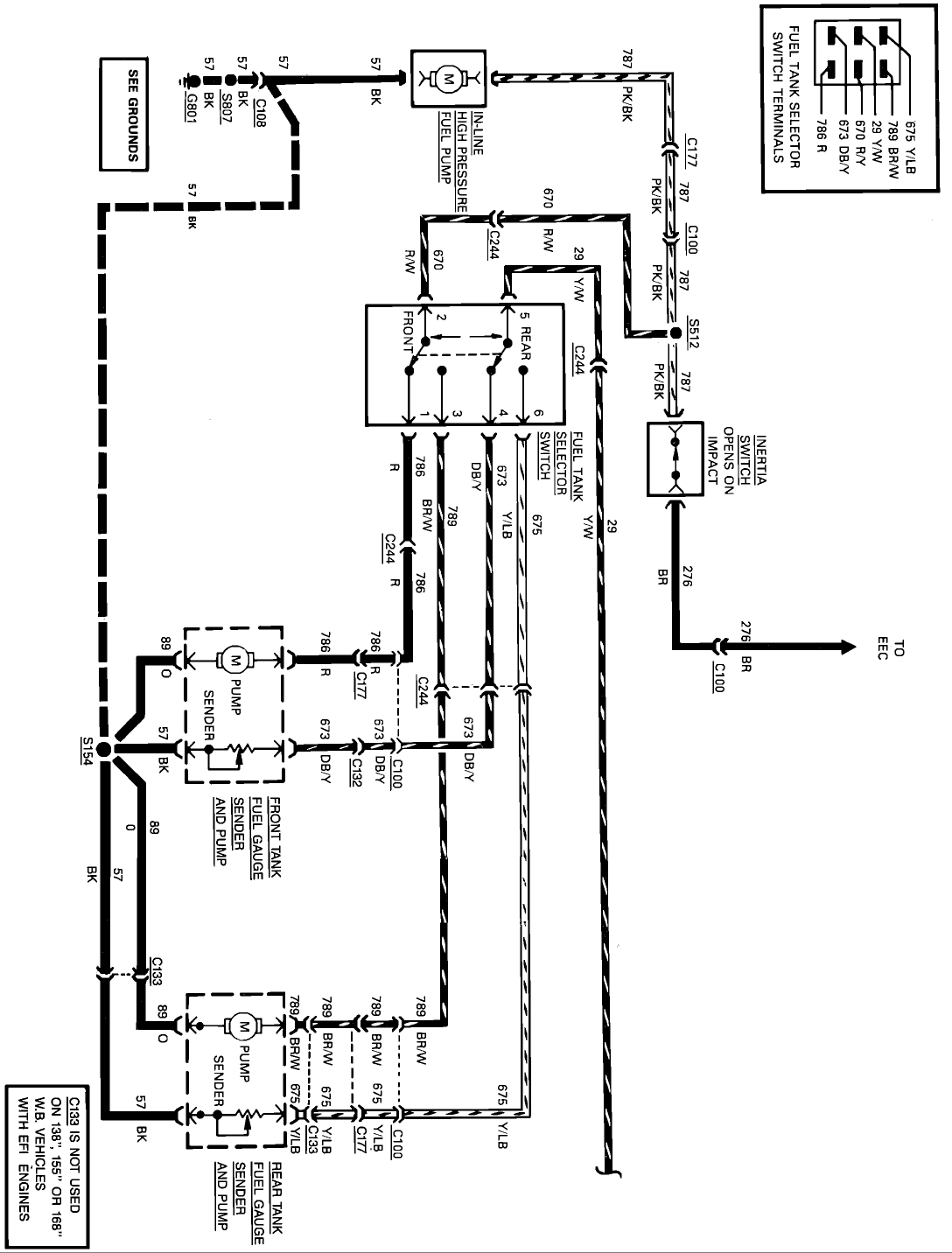Ford 800 Wiring Diagram are crucial resources for anyone working on the electrical system of a Ford 800 vehicle. These diagrams provide detailed information on the wiring layout, connections, and components of the vehicle’s electrical system, helping mechanics and DIY enthusiasts troubleshoot, repair, and upgrade the system effectively.
Why Ford 800 Wiring Diagram are essential
Understanding and using Ford 800 Wiring Diagram is essential for several reasons:
- Identifying wire colors and connections for specific components
- Troubleshooting electrical issues effectively
- Planning and executing modifications or upgrades to the electrical system
How to read and interpret Ford 800 Wiring Diagram effectively
Reading and interpreting Ford 800 Wiring Diagram can be challenging for beginners, but with practice and some guidance, it becomes easier. Here are some tips to help you read and interpret wiring diagrams effectively:
- Start by identifying the key components and connections in the diagram
- Follow the flow of the wiring from one component to another
- Pay attention to wire colors, symbols, and labels for better understanding
Using Ford 800 Wiring Diagram for troubleshooting electrical problems
Ford 800 Wiring Diagram are invaluable tools for diagnosing and troubleshooting electrical problems in a vehicle. By following the wiring diagram and tracing the connections, you can pinpoint the source of the issue and take appropriate action to fix it. Here are some steps to effectively use wiring diagrams for troubleshooting:
- Identify the specific circuit or component related to the issue
- Check for continuity, voltage, or resistance at key points in the circuit
- Compare the actual readings with the expected values from the wiring diagram
Importance of safety when working with electrical systems
When working with electrical systems and using wiring diagrams, safety should always be a top priority. Here are some safety tips and best practices to keep in mind:
- Disconnect the battery before working on any electrical components
- Avoid working on electrical systems in wet or damp conditions
- Use insulated tools and wear appropriate safety gear, such as gloves and goggles
- Refer to the vehicle’s service manual and follow recommended procedures
Ford 800 Wiring Diagram
Ford 800 Wiring Diagram

Ford 800 Tractor Wiring Diagram

Ford F800 Wiring Diagram

Ford 800 Tractor Wiring Diagram

Ford 800 tractor wiring diagrams

Ford 800 Tractor Parts Diagrams
